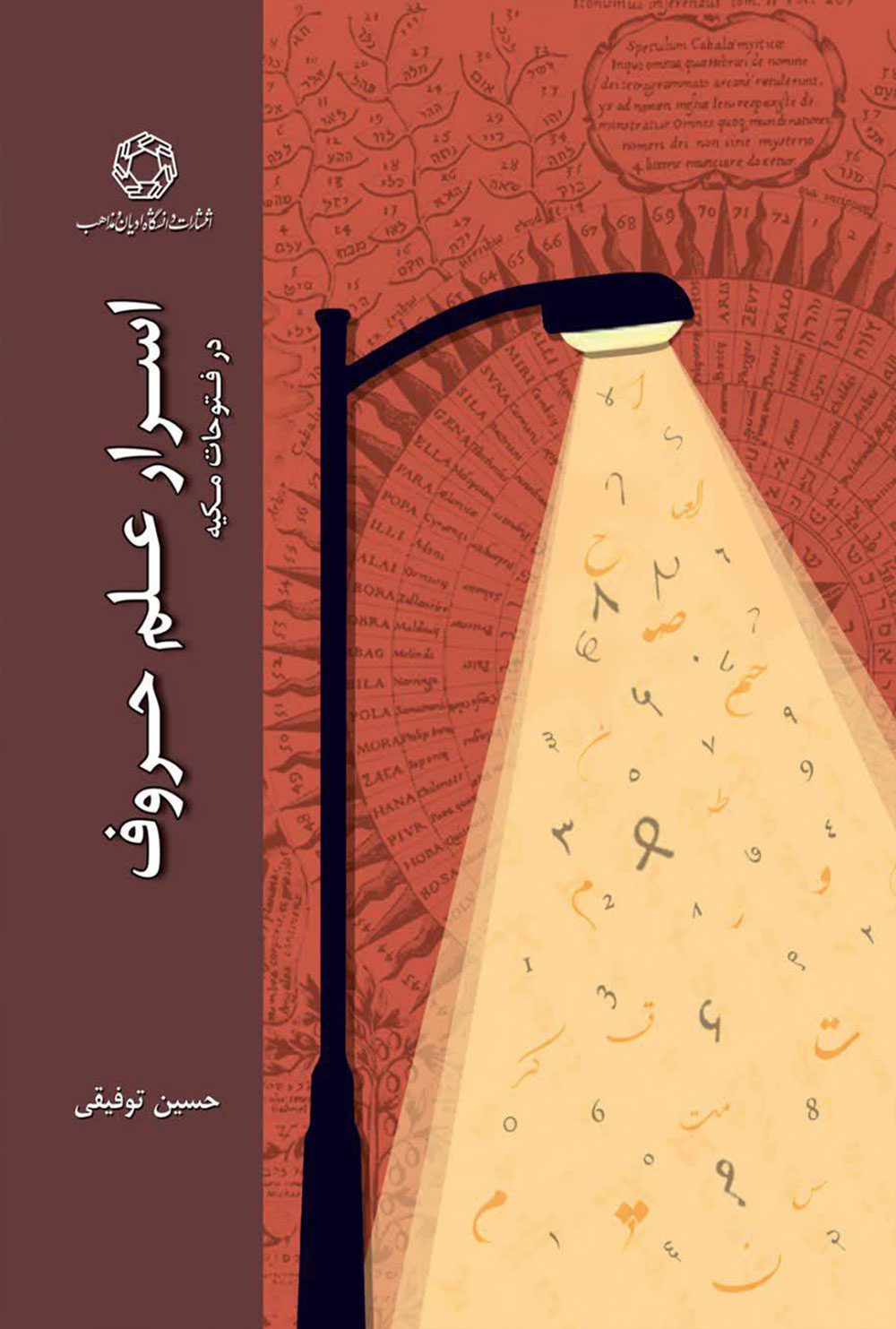The Secrets of the “Science of the Letters” In Futūḥāt Makkiyya (Meccan Openings)
One section of Ibn al-ʿArabī’s celebrated magnum opus al-Futūḥāt al-Makkiyya (Meccan Openings) is devoted to secrets of the letters, which unveil hidden teachings. Many of these secrets and enigmas remained difficult to decipher even for scholars as great as Nasr Hamid Abu Zayd.
In the present book, Hossein Tofighi skillfully unravels these enigmas. With a deep understanding of the occult sciences in the Islamic West during that time, the author demonstrates that Ibn al-ʿArabī’s remarks in this section can be understood within an ordinary mundane context, rather than harboring hidden meanings. In fact, Ibn al-ʿArabī’s utilization of the science of letters, which was widely practiced in his era, was not inherently mysterious or enigmatic.
The significance of this book extends beyond the mere deciphering of Ibn al-ʿArabī’s remarks. It serves as a meticulous research work, shedding light on a prevalent issue among experts in traditional disciplines. Often, their knowledge is concealed beneath a veil of bias. When attempting to explore a vast sea of knowledge, they unknowingly encounter obstacles of presumptions that hinder their progress. However, the author of this book overcomes such hindrances, enabling him to decipher the enigmatic nature of these letters without being trapped in clumsy partialities or biases.
The author boldly asserts that Ibn al-ʿArabī’s seemingly mysterious words actually hold simple and straightforward meanings. For instance, the reference to “people of lights and secrets” merely pertains to individuals from the East and the West who employed different numerical-letter systems, rather than individuals possessing varying inner capabilities.
Moreover, in our current era, where we are inundated with superficial knowledge and bombarded by an overwhelming amount of information through the media, we find ourselves navigating through a shallow ocean of knowledge that resembles more a collection of compounded ignorance rather than true wisdom. In this context, we often tend to focus on a particular issue, inadvertently neglecting other aspects or similar issues in different disciplines or regions of the world. Sadly, there is a scarcity of scholars who possess the meticulousness and expertise required to delve deep into a subject and establish meaningful connections between its various dimensions and geographical contexts.
Readers of Ibn al-ʿArabī’s works often fall into two categories: those who possess a general understanding of theoretical mysticism but lack knowledge of the science of letters or the occult sciences, and those who delve deeply into his works without adequately considering their historical context and the connection between contemporary sciences and those of Ibn al-ʿArabī’s time in diverse parts of the Islamic world. As a result, despite their efforts to tackle the intricate aspects of Ibn al-ʿArabī’s works over the span of 800 years, their endeavors have been in vain. Some have been enticed by a sense of mystery that, in reality, does not truly exist.
I highly recommend this book to researchers of theoretical mysticism. It addresses a compelling problem for those who endeavor to decipher the writings of Ibn al-ʿArabī. As the author acknowledges, the language used in this book is condensed and requires contemplation. Therefore, it is particularly beneficial for readers who have already delved into the secrets of the letters in al-Futūḥāt al-Makkiyya. However, scholars of religious studies in general will find value in reading this book. The author’s in-depth knowledge of the intellectual context surrounding Ibn al-ʿArabī and his unbiased approach to his works offer valuable insights and instruction.
Based on my familiarity with Mr. Tofighi, the author of this book, I can confidently attest to his meticulousness in reviewing the content before submitting the final version to the publisher. His attention to detail guarantees that the tables are depicted in precise and reliable ways. I sincerely hope that readers will derive great benefit from the valuable information presented in this book.
| Author | Hossein Tofighi |
|---|---|
| Cover Type | paperback |
| Publication Year | 2021 |

